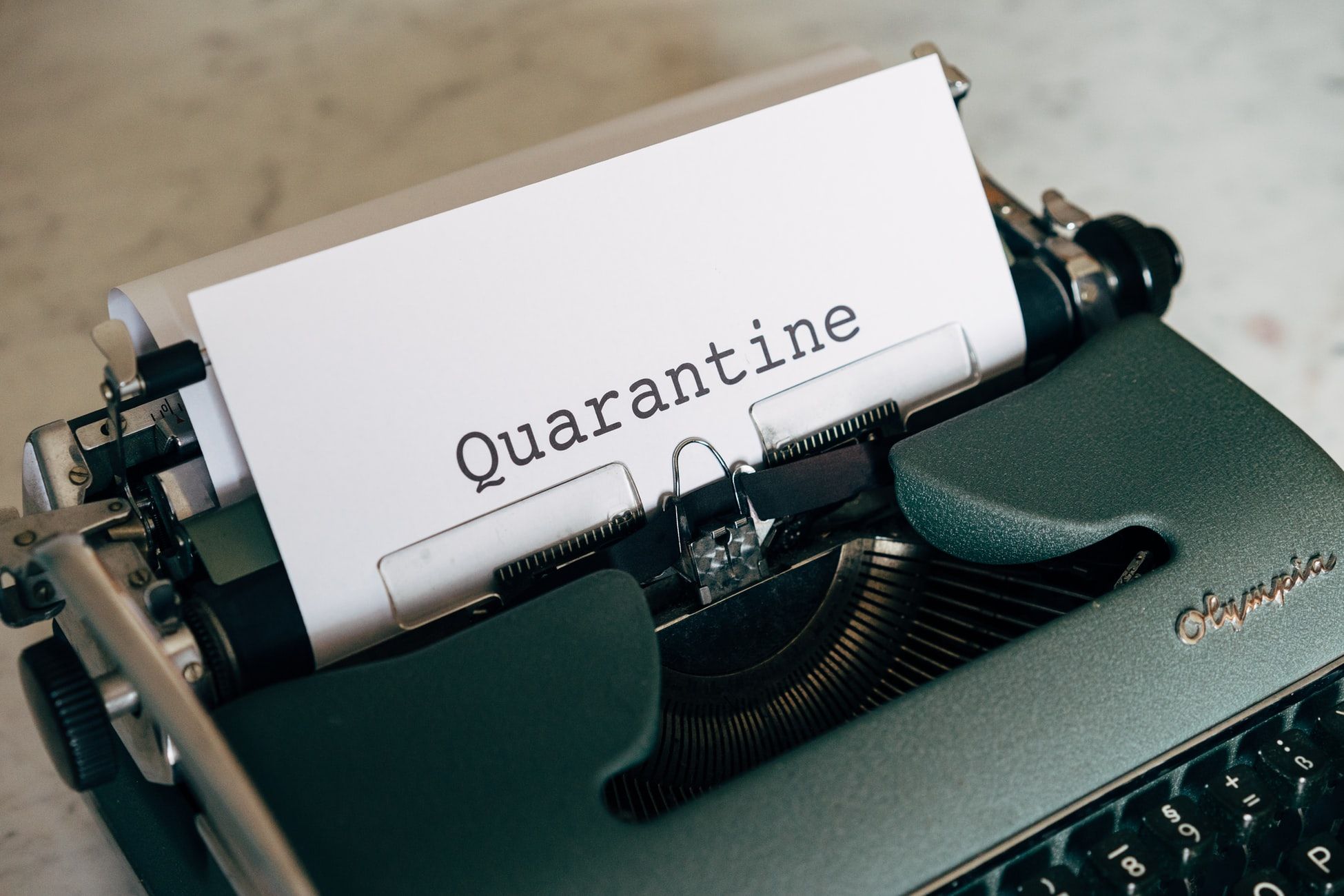When Covid-19 first swept across the world, it brought a considerable degree of worry and fear. But as the days go by, a lot of people start to be less cautious of health restrictions; many have grown tired and decided that the pandemic is over— this might be a sign of 'quarantine fatigue'.
If calendars could speak, it would be a safe bet that they too would have lost track of the date since Covid-19 quarantines were first imposed in different parts of the world. At the outset of the virus, people strictly maintained social distancing, washed their hands excessively, and even wore two to three masks in hopes that these will protect them better.
At present time, many sloughed off the health restrictions brought by the pandemic— people flock to restaurants, parks, and even host their own high-risk events at home. According to Northwestern University Feinberg School of Medicine professor Jacqueline Gollan, this unintentional phenomenon may be linked to quarantine fatigue.
Quarantine fatigue occurs when "people show low motivation or energy to comply with safety guidelines," Gollan said in an interview with CNN. "It is reflected when we become impatient with warnings, or we don't believe the warnings to be real or relevant, or we de-emphasise the actual risk, and in doing that, we then bend rules or stop safety behaviours like washing hands, wearing masks and social distancing."
Gollan added that this mental state has already been observed in previous or everyday life situations, such as when one "ignores an alarm of some sort and don't take it seriously because he or she has heard it before."
Read more: MyBurgerLab Will Close For Five Days To Preserve Staff's Mental Health

In a separate interview, Jessi Gold, M.D., MS, an assistant professor of psychiatry at Washington University in St. Louis, further explained that quarantine fatigue is an existential feeling of exhaustion or simply just being “over it.”
For Gold, more people choose to brave the pandemic if it means that this will quench their thirst for human interaction. "When people have been removed from socialising, there is a desire to return to companionship, friendship, and being around others. In those circumstances, people will sometimes weigh risks 'Will I contract the illness?' and benefits 'Can this event make me happier, decrease my loneliness, end my depression?' and the longer the pandemic goes on, the more people are choosing to say the benefits are worth the risks,” she explained.
“In other words, the longer people are lonely, or sad, or anxious, or away from others, the more likely they are to say they want to get out and do something to fix it—even if they might risk contracting coronavirus," she added.

